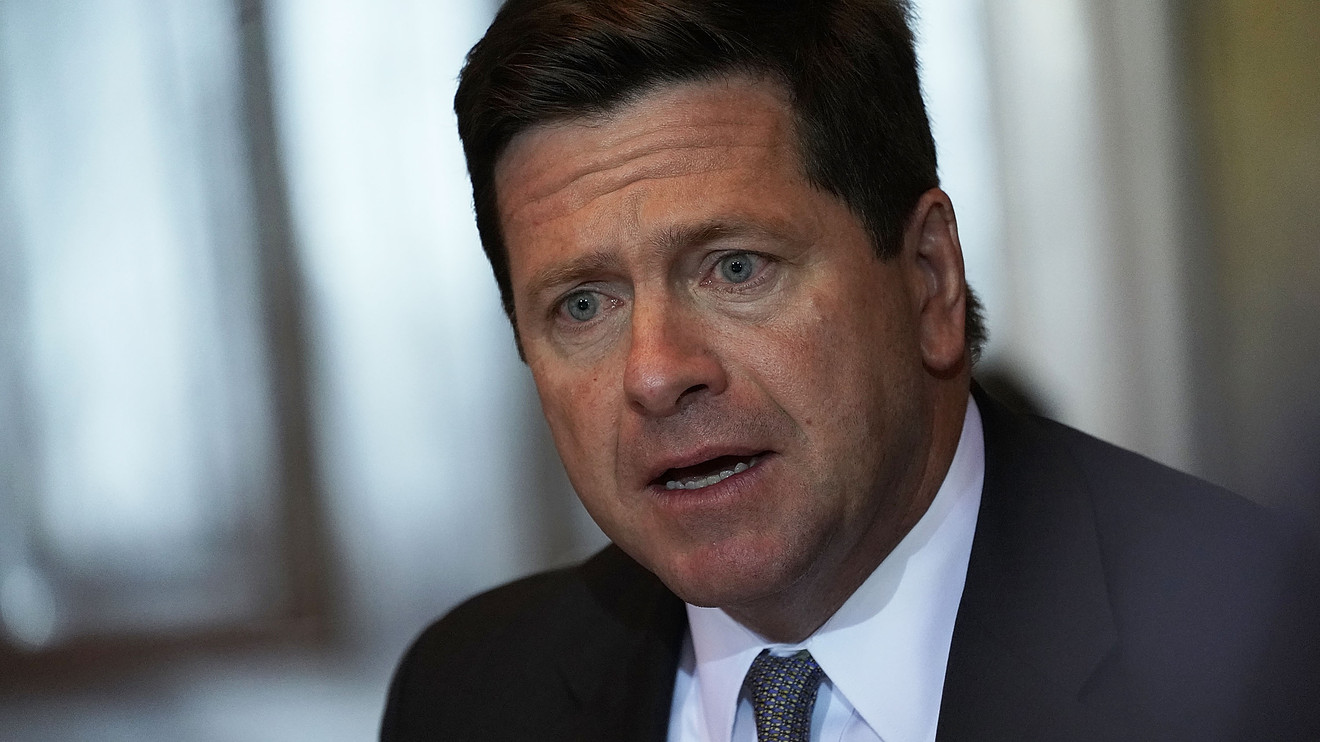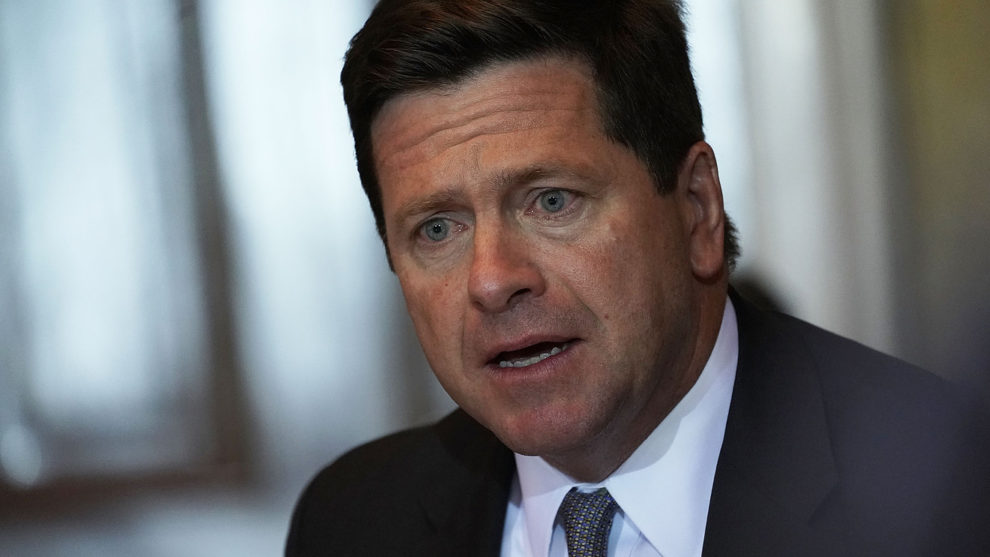
Kathleen Hamm says her work as a member of the Public Company Accounting Oversight Board, the audit-industry regulator, is not done. But the Securities and Exchange Commission apparently thinks otherwise, and posted for her job over the summer.
Hamm stepped into a term in 2017 that had approximately two years remaining, expiring this October. She is eligible for reappointment to the second five-year term, through 2024, but now she’s had to reapply for her job and she’s not sure why.
“I am seeking reappointment to continue the important work I began 20 months ago,” Hamm said in a statement provided by the PCAOB spokeswoman to MarketWatch. “My efforts have centered on protecting investors by applying my expertise and experience in technology, risk management, and compliance to upgrading and modernizing the PCAOB’s approach to cybersecurity and emerging technologies, both at the board and among the audit firms we oversee.”
The PCAOB is a nonprofit corporation created by the Sarbanes-Oxley Act of 2002, in response to corporate frauds like Enron and Worldcom and the failure of auditors — like Arthur Andersen, which collapsed after an indictment — to warn investors. The SEC has oversight responsibility for the PCAOB and, in turn, the PCAOB regulates the once self-regulated accounting firms that audit public corporations.
Hamm was appointed to the PCAOB board after the SEC announced in December 2017 that it would appoint a full slate of five new members to replace all incumbents. The SEC had never before declined to reappoint PCAOB members who were eligible to serve another term, and it was the first time in the PCAOB’s 15-year history that the entire board was replaced all at once.
The new board members came on with staggered terms to fill out. Hamm is the second board member to have her term come up; Duane DesParte was renewed without fanfare after his original term expired after six months.
Hamm said she’s pushed for an increased focus on the control systems that auditors use to ensure that they consistently deliver high-quality audits for the benefit of the investing public. “I would like the opportunity to continue to drive this vital initiative as well,” she said in her statement.
It’s not clear if anyone else has applied for Hamm’s job. A PCAOB spokeswoman told MarketWatch that questions about the job-posting process should be directed to the SEC. An SEC spokesman did not respond to multiple requests for comment.
“Why would the SEC want to take out a well-qualified and well-regarded professional now who wants to continue serving?” asked Sandra J. Peters, a certified financial analyst who leads financial reporting policy at the CFA Institute and represents it on a PCAOB advisory committee. “The settling-in period for this new board is over and investors are waiting to see if they’ve repaired the damage of the KPMG scandal and are ready to move forward,” she told MarketWatch.
Nell Minow, vice chairwoman at the corporate-governance advisory firm ValueEdge Advisors, told MarketWatch she doesn’t think the SEC’s open call for Hamm’s PCAOB board seat is a reflection of her qualifications. “More likely someone with political or industry connections wants the job or the SEC wants to give the job to someone else,” said Minow.
When Hamm and others joined the PCAOB, outgoing board member Lew Ferguson characterized the clean sweep for The Wall Street Journal as the Trump administration and the SEC wanting “to put their own stamp on the board, and frankly I feel honored that I got to serve as long as I did.”
Fortune magazine reported that SEC Chairman Jay Clayton had said he wasn’t “looking for any radical change” in how the PCAOB regulates the audit industry, even though the Trump administration had urged all the financial regulators to ease up.
No one at the time attributed the total shake-up to a shocking announcement KPMG LLP had made only four months prior, that six individuals in its U.S. Audit practice — the head of U.S Audit, four more senior partners and one employee — had violated the firm’s Code of Conduct and were leaving the firm.
In April 2017, KPMG said it had learned from an internal whistleblower in late February 2017 that a former PCAOB professional, Brian Sweet, had received confidential information from Jeffrey Wada, a PCAOB employee at the time, and shared that information with other KPMG personnel. Six KPMG individuals either had improper advance warnings of audits to be inspected by the PCAOB, or were aware that others had received such advance warnings.
It was an act that “potentially undermined the integrity of the regulatory process,” KPMG said in a press release at the time, announcing it had completed an internal investigation, that the professionals had left the firm and it had alerted the SEC and PCAOB.
On Jan. 23, 2018, the SEC and Department of Justice announced civil and criminal charges alleging the KPMG professionals who schemed to obtain the lists of audits to be inspected by the regulator for three years, 2015-’17, in order to interfere with the PCAOB’s ability to detect audit-quality violations at KPMG.
After the indictments were filed, and information about the current and former PCAOB employees that may have enabled the scheme became apparent, it made more sense why the SEC had decided to relive the entire PCAOB board of its duties.










